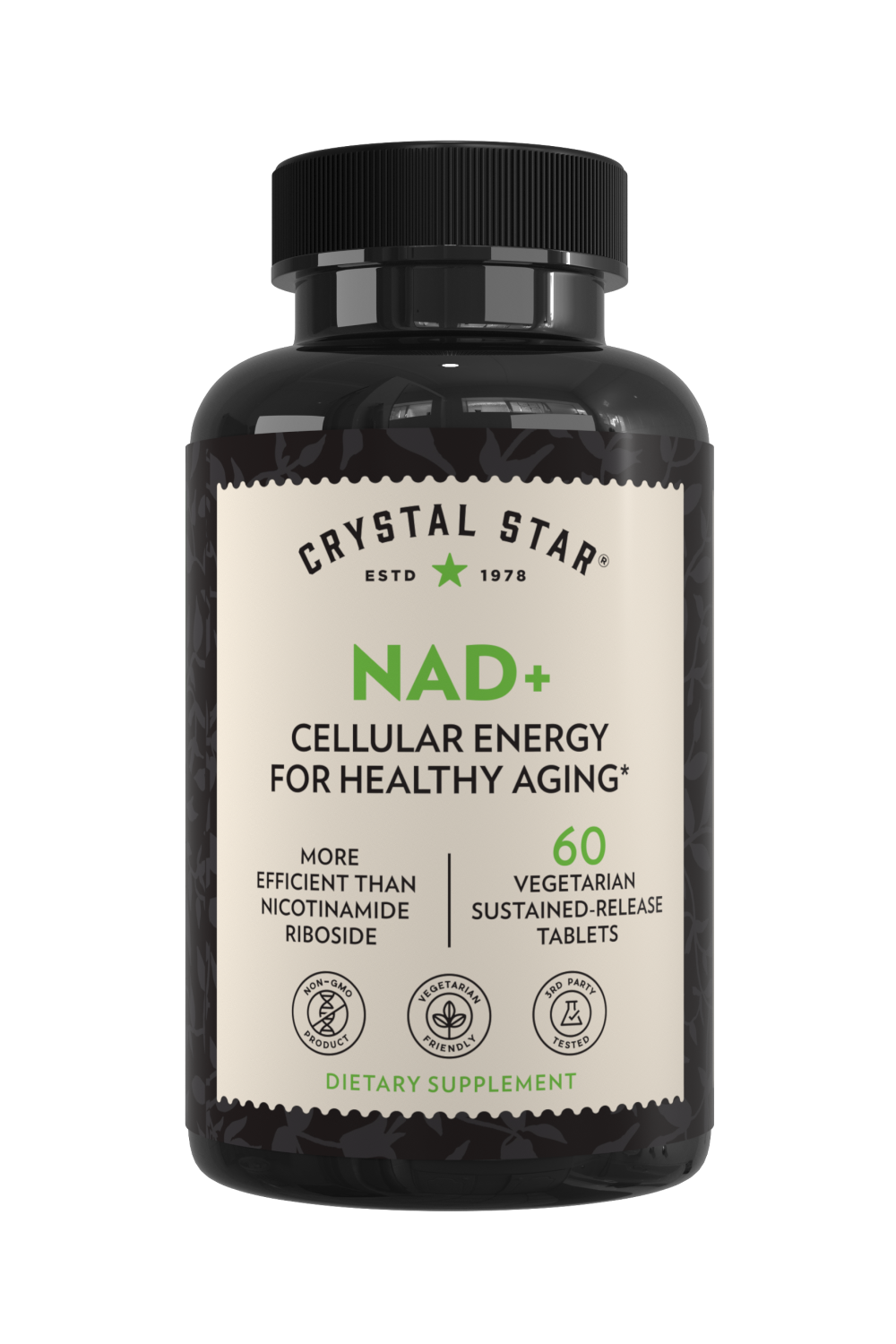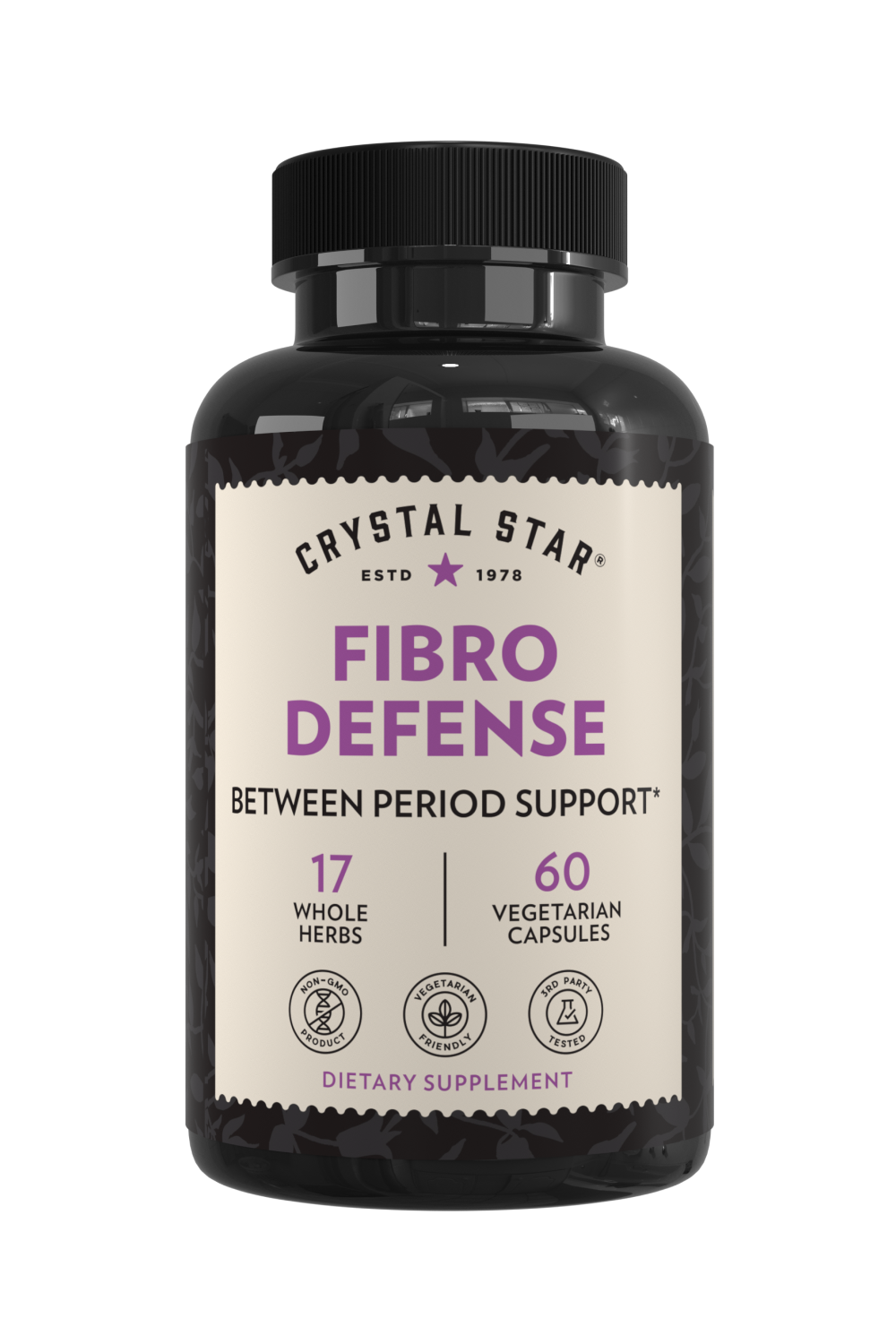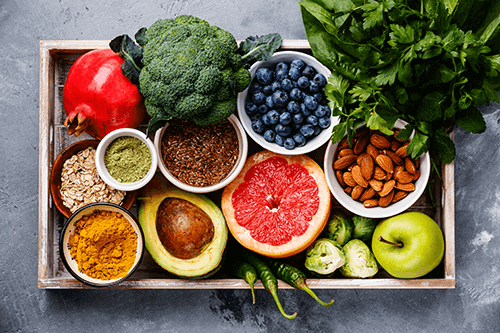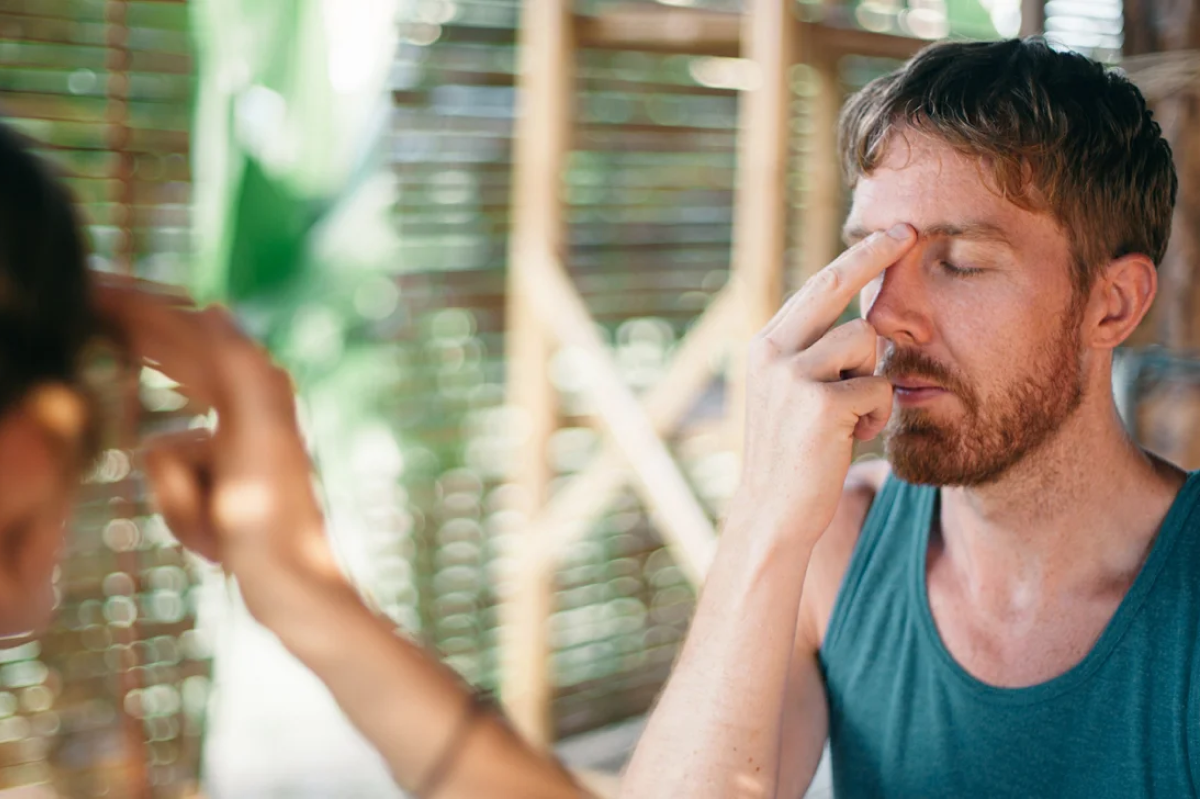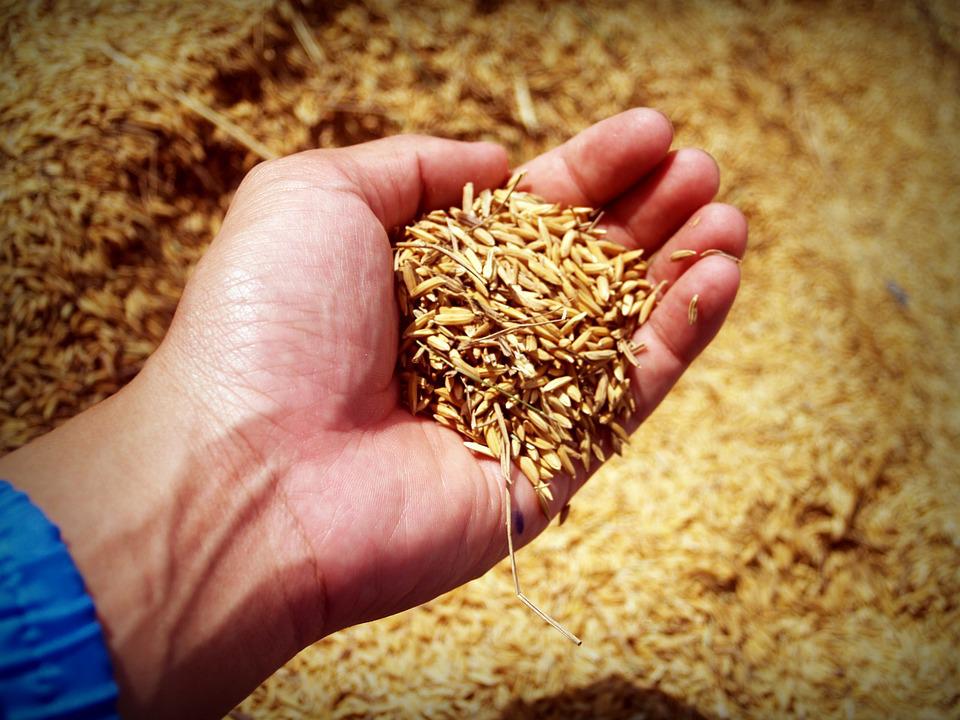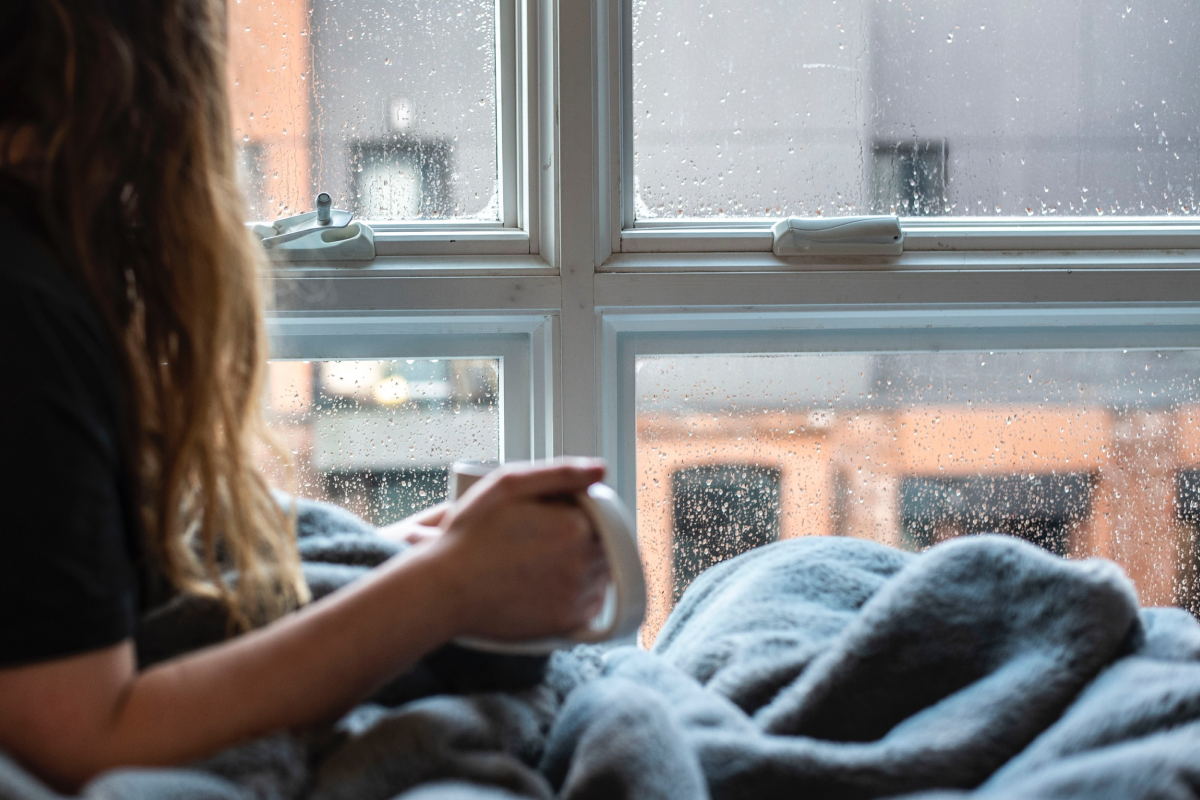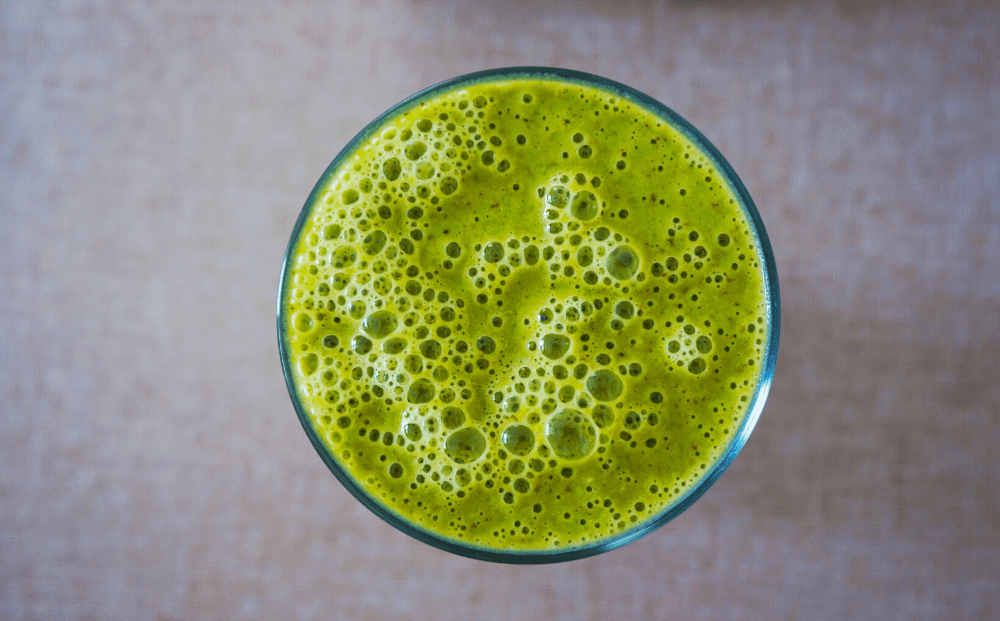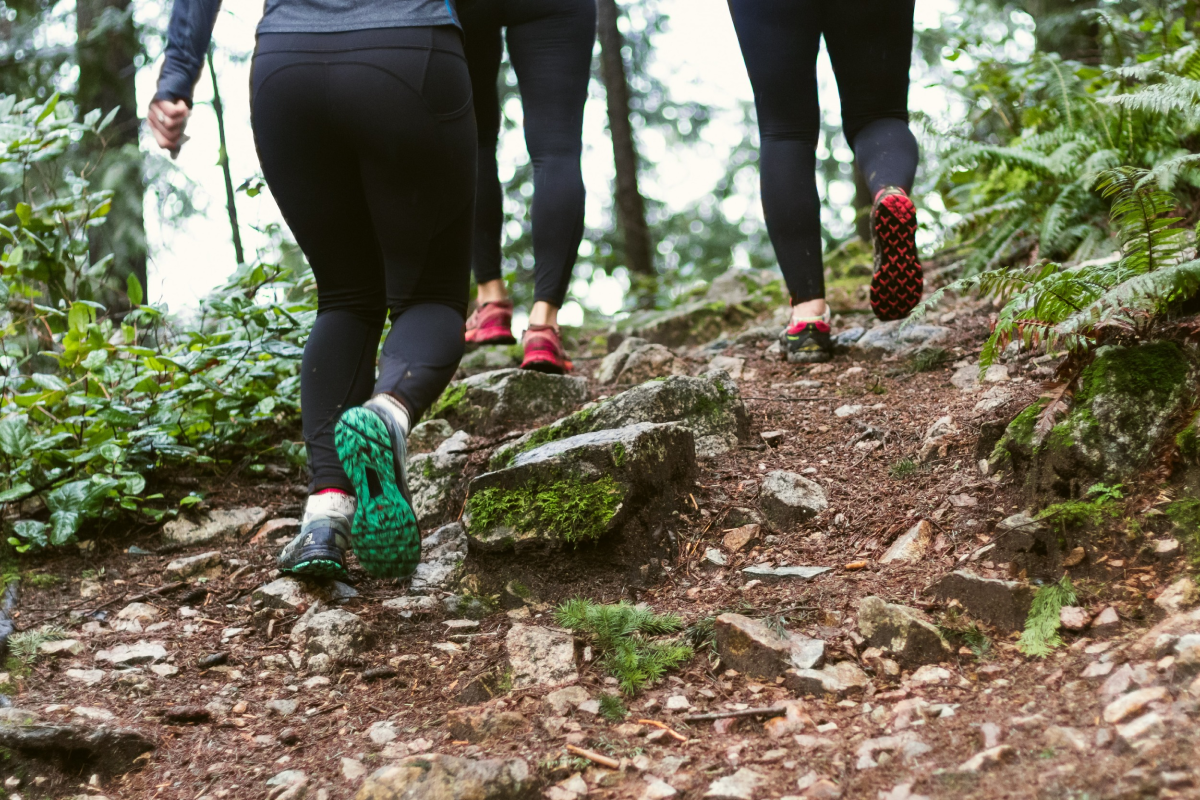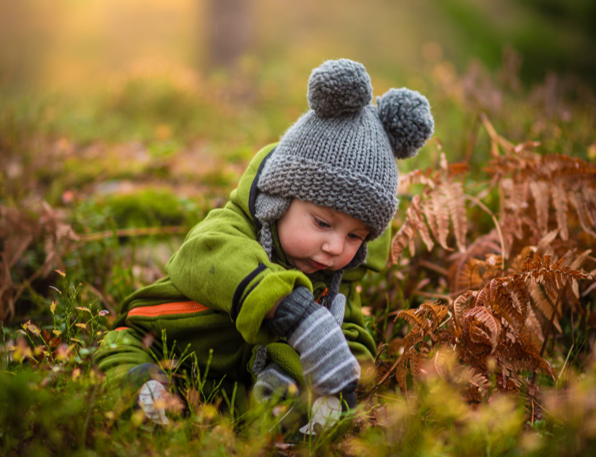
Herbal Preparations & Delivery Methods
Today, herbs are available at all quality levels. Today, we are able to simultaneously obtain and use herbs from different countries and different harvests, an advantage ages past did not enjoy. However, because of the natural variety of soils, seeds, and weather, every crop of botanicals is unique. Every batch of a truly natural herbal formula is slightly different, and offers its own unique benefits and experience.
There must be a firm commitment to excellence from growers and suppliers everywhere, because herbal combinations are products for problems. For therapeutic success, herbs must be BIO-ACTIVE and BIO-AVAILABLE. If you decide to make your own herbal preparations, buy the finest quality herbs you can find. There is a world of disparity between fairly good herbs and the best. Superior stock must go into a medicinal formula so that the herbal product can do its job correctly. Superior plants cost far more than standard stock, but their worth in healing activity is a true value for the health care customer.
Third party certifications like NSF, Non-GMO Project, Certified Organic and stringent in house quality control testing on herbs can help provide assurance that the herbs you are purchasing have been held to rigorous industry standards for quality and efficacy. Herbal suppliers will give you plenty of good information on their commitment to quality before you buy.
Which type of herbal preparation should you choose?
Whichever herbal preparation form you choose, it is generally better to take greater amounts at the beginning of your program, to build a good internal healing base, and to stimulate your body’s vital balancing force more quickly. As the therapeutic agents establish and build, and you begin to notice good response, reduce your dose gradually, finally reducing to long range preventive amounts.
Herbs can be applied to almost any necessity of life. It’s simply a matter of knowing their properties, how they work together and how to use them correctly. Herbs are foods, and your body knows how to use them. Give them time. Give yourself a good diet, some rest and relaxation for the best results.
Herbal teas are the most basic of all healing mediums — easily absorbed by the body as hot liquid. They are the least concentrated of all herbal forms, but many herbs are optimally effective when steeped in hot water. The hot brewing water releases herbal potency and provides a flushing action that is ideal for removing toxic, loosened wastes. Although teas have milder, more subtle effects than capsules or extracts, they are sometimes the only way for a weakened system to accept therapeutic support, and often work synergistically with stronger medicinal forms to boost their value.
Note 1: Volatile essential oils are lost during cutting of herbs for tea bags. For best results, buy cut herbs or crumble leaves and flowers, and break roots and barks into pieces before steeping for best results.
Note 2: Medicinal teas may have bitter tasting properties. Where taste is unpleasant, I add mint, lemon peel, spices, or stevia (sweet herb) to improve taste without harming therapeutic qualities.
Tips on taking herbal teas:
- Use 1 packed small teaball to 3 cups of water for medicinal-strength tea. Use distilled water or pure spring water for increased herbal strength and effectiveness.
- Bring water to a boil, remove from heat, add herbs and steep covered off heat; 10 to 15 minutes for a leaf-flower tea; 15 to 25 minutes for a root-bark tea. Keep lid down during steeping so volatile oils don’t escape.
- Use a teapot of glass, ceramic or earthenware, not aluminum. Aluminum can negate the effect of the herbs as the metal dissolves into the hot liquid and gets into the body.
- Drink medicinal teas in small sips throughout the day rather than all at once. One-half to 1 cup, taken 3 or 4 times over a day allows absorption of the tea, without passing before it has a chance to work.
- An infusion is a tea made from fresh, dried or powdered herbs. Use directions above, or pour 1 cup of boiling water over 1 tablespoon of fresh herb, 1 teaspoon of dried herb, or 4 opened capsules of powdered herbs. Cover and let steep 10 to 15 minutes. Never boil. A cold infusion can be made by simply allowing the herbs, especially powders, to stand in cool water for an hour or more.
- A decoction is a tea made from roots and barks. Use directions above, or put 2 tablespoons of cut herb pieces into 1 cup cold water. Bring to a light boil, cover, and simmer gently for 20 to 30 minutes. Strain. For best results, repeat the same process with the same herbs. Strain again and mix both batches.
- Sun tea is an infusion where herbs are put in a covered jar and allowed to stand in the sun.
- Herbal broths, rich in minerals and enzymes, are made by grinding dry ingredients in a blender. Simply mix 2 TBS. of dry mix to 2 cups hot water. Let flavors bloom for 5 minutes. Add 1 tsp. Bragg’s liquid aminos to each broth for a flavor-nutrient boost if desired. Sip over a half-hour period for best assimilation.
- Herbal capsules are generally four times stronger than teas, more concentrated, yet bypass any herbal bitterness and are convenient to take. Capsules make both oil and water soluble herbs available through stomach acid and enzyme alteration. Freeze-dried powdered herbs, with all the moisture removed, are also available in capsules, and are four times more concentrated than regular ground herbs. As noted with herbal teas above, grinding herbs into powders creates facets on the whole herb structure causing potential loss of volatile oils. Effective potency for powdered herbs is six months to 2 years.
- Herbal extracts are 4 to 8 times stronger than capsules. They are effective used as a spray where all the mouth receptors can be brought into play, or as drops held under the tongue, bypassing the digestive system’s acid-alkaline breakdown. Their strength and ready availability make extracts reliable emergency measures. Small doses may be used repeatedly over a period of time to help build a strong base for restoring body balance. Alcohol based herbal extractions can last for up to 5 years if stored correctly.
- Herbal gels allow absorption of herbs through the skin. We use aloe vera as a conduit in our gels to deliver the extracted herbs quickly to the target area. Use gels topically as needed for problems like cut, scrapes, scars and more.

